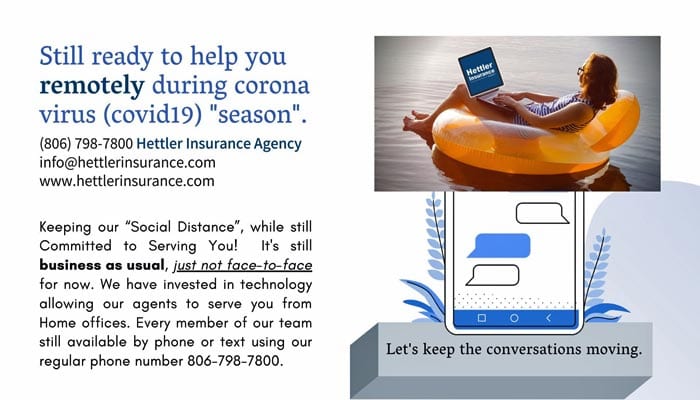
Hopefully, the insurance papers cluttering up your desk are not the only copies. Staying organized and protecting your insurance information is a necessity. Many circumstances require insurance information to be easily accessible at a moment’s notice; natural disasters such as floods, fires, etc. can damage paperwork and affect your claim.
Your insurance information is valuable, and it is always wise to have a plan to keep those materials safe. A good rule of thumb is to store your information in more than one place. Here are a few tips on ways to store your information so that, in the event of a disaster to your apartment or home, you are able to easily access it.
1. Fireproof Safe

A fireproof safe should be kept within your home. In the event of a house fire, it keeps your important documents protected. Keeping your documents in the home also allows them to be easily accessible. These type of safes are usually also waterproof. So, you get protection from floods also. Consider it a two-in-one bonus! And, as long as you have the fire-proof/water-proof safe, you could also use it to store other valuables such as jewelry, cash, etc.
2. Safe Deposit Box
You might want to consider keeping your insurance information at an off-site location. A safe deposit box at a local bank ensures that your documents can only be accessed by those with the correct key and access information. However, make sure that you keep copies of your data somewhere else just in case something tragic happens to you and your safe deposit box is sealed.
3. Password Protected External Hard Drive or USB
Backing up your documents to a password-protected external hard drive or USB is another effective way of storing important documents. Like the cloud, it stores a digital copy of your information. The difference is that it stores your data on a solid-state drive instead of an external server. This means you can’t access your information unless you have physical access to the hard drive or USB. Most external hard drives and USB drives can easily be purchased at most electronic stores
4. Password-Protected Cloud

A cloud backup stores a digital copy of your insurance information on an off-site server, typically owned by a separate company. A cloud backup of your important documents allows you to easily access your information from anywhere that has internet. In order to keep your files safe, make sure to use a service that encrypts your data and allows you to protect your files with a password. Dropbox and Box offer free plans that will offer enough space to host your insurance paperwork.
Employing one, both, or all of these methods ensures that your information is not only kept safe, but that your insurance information is also accessible in the event of a disaster.





